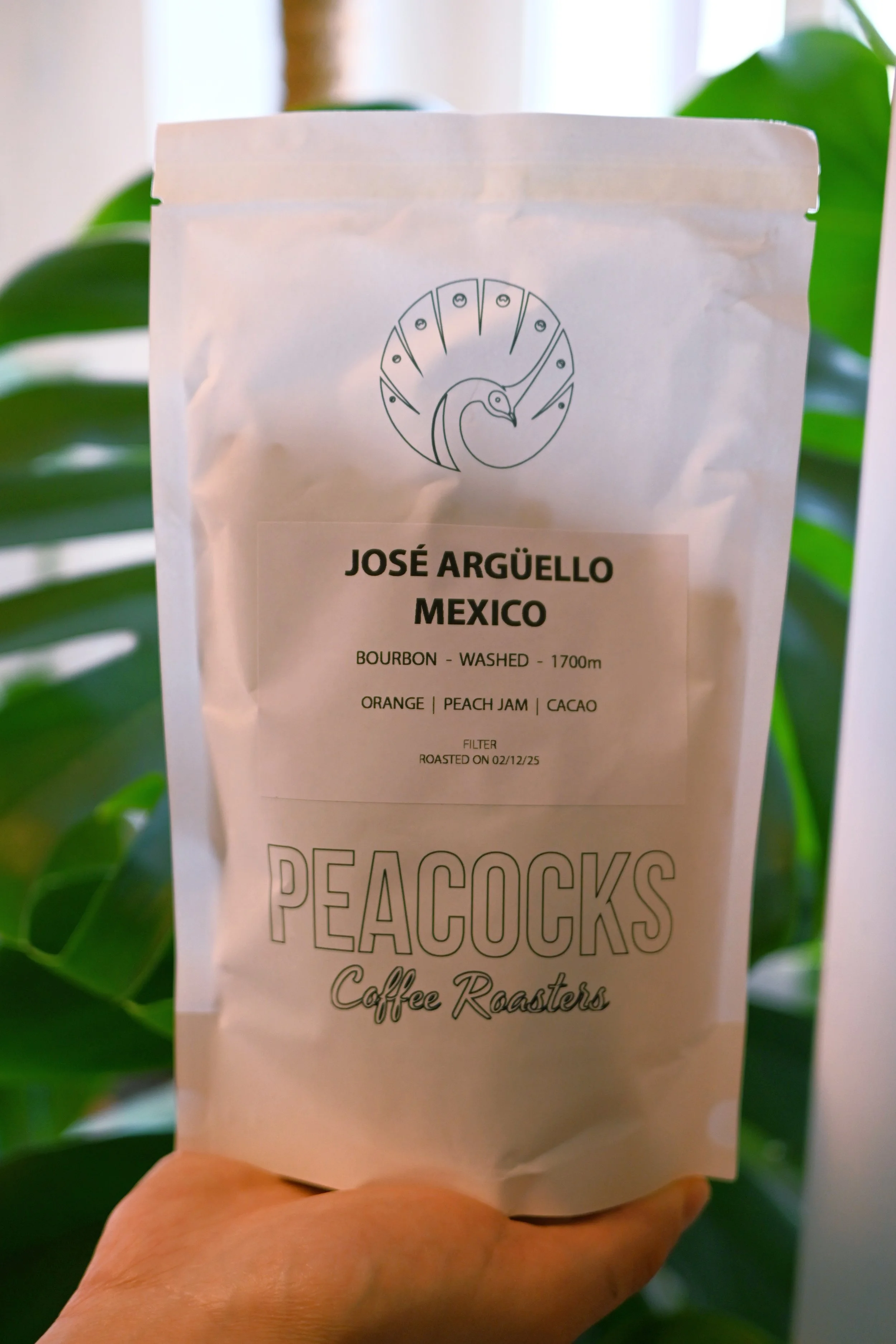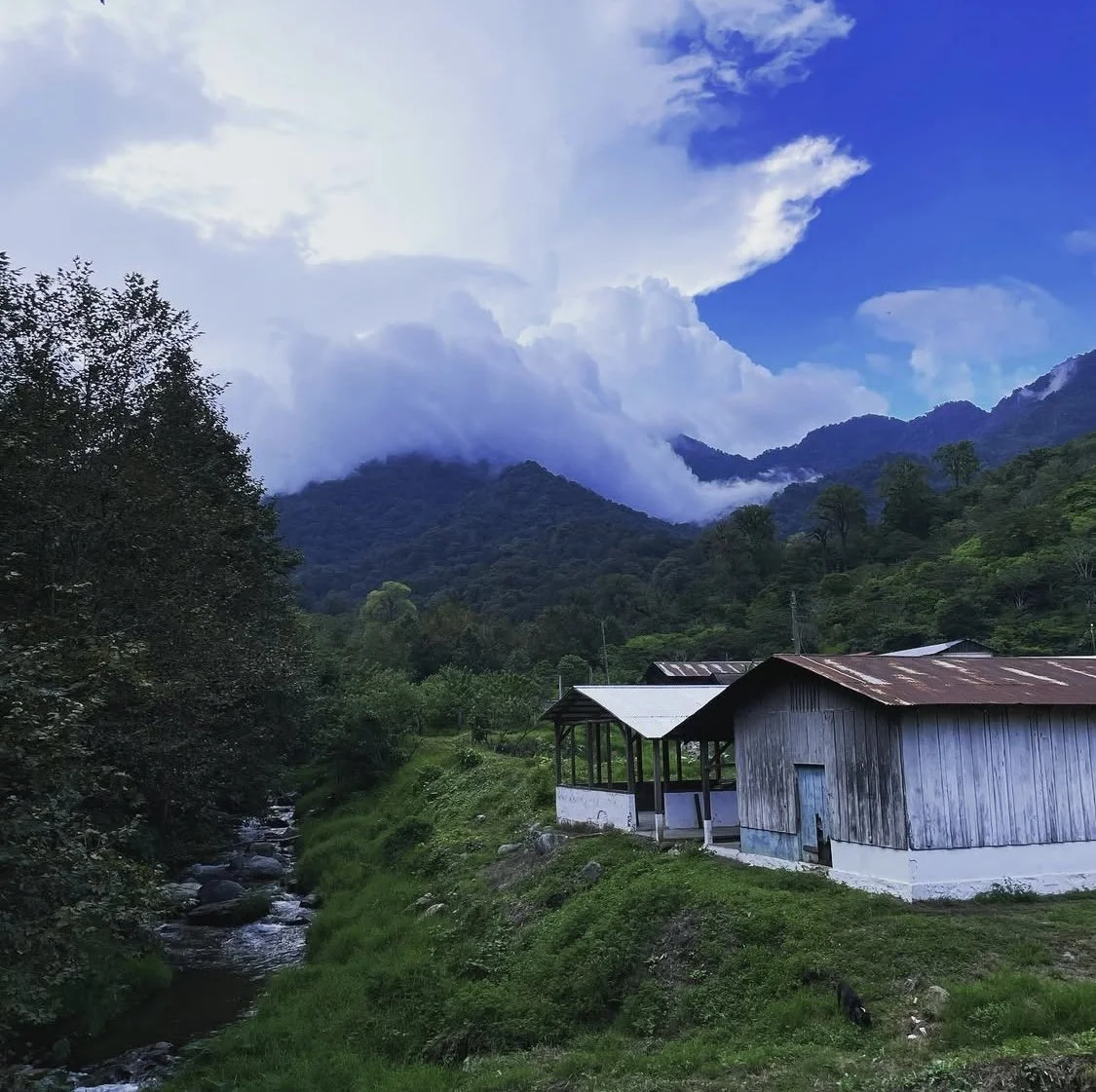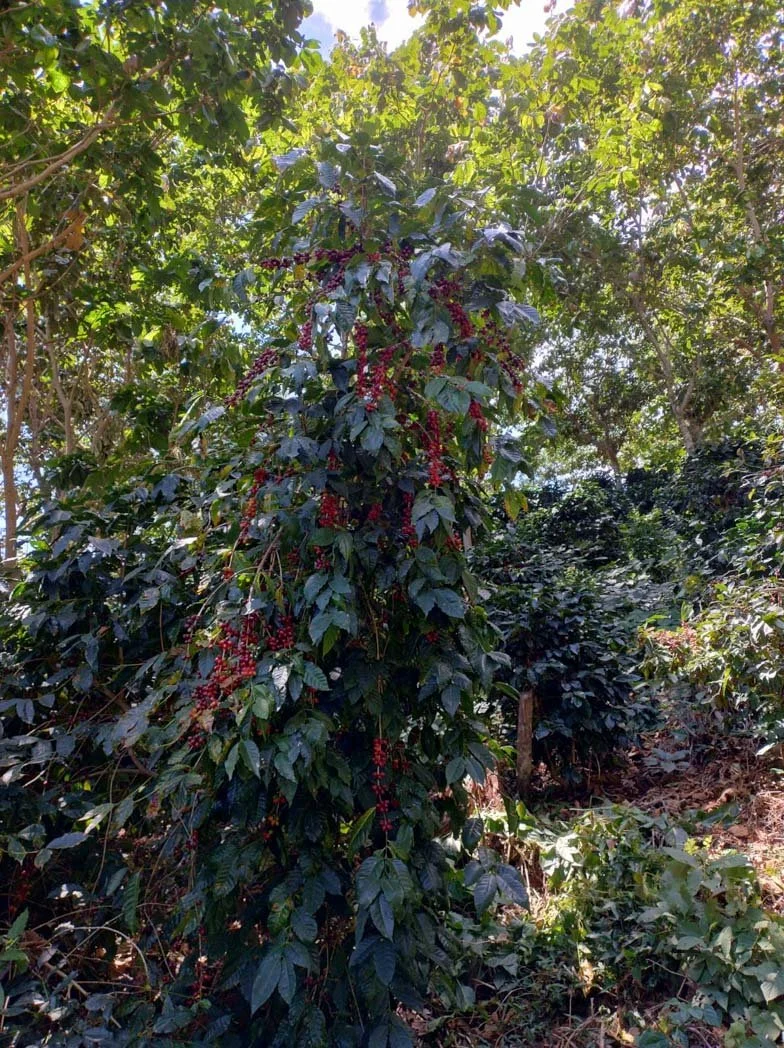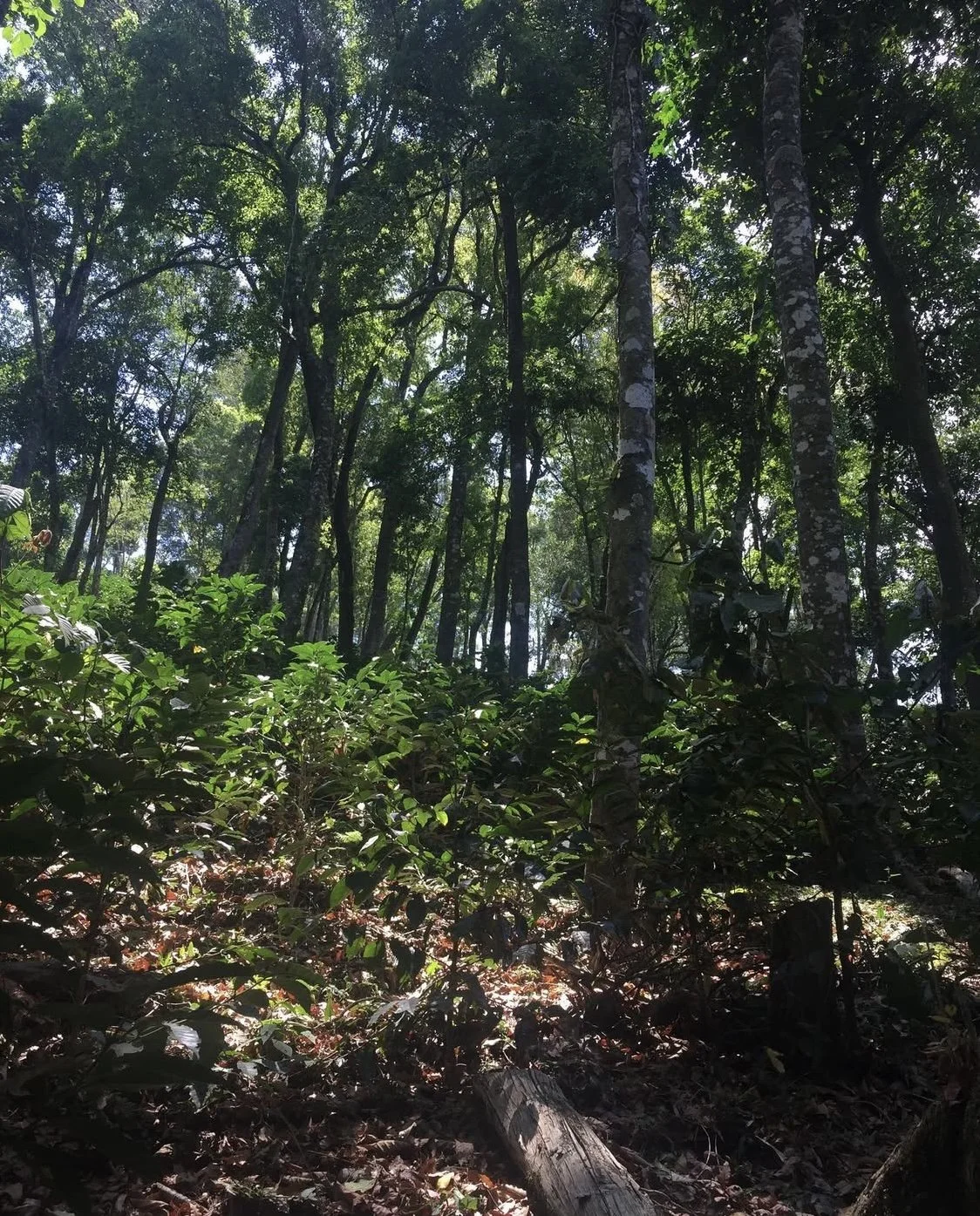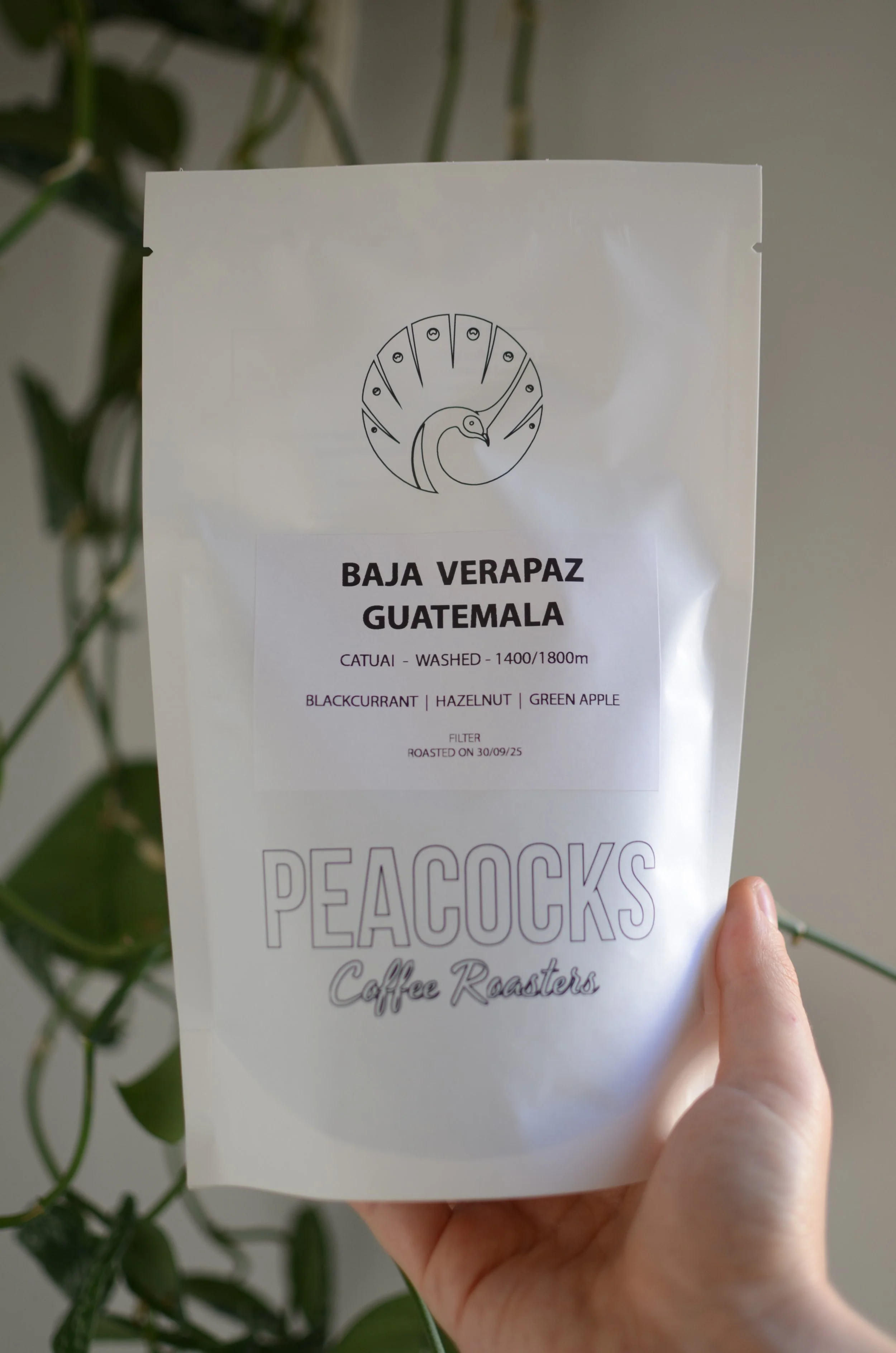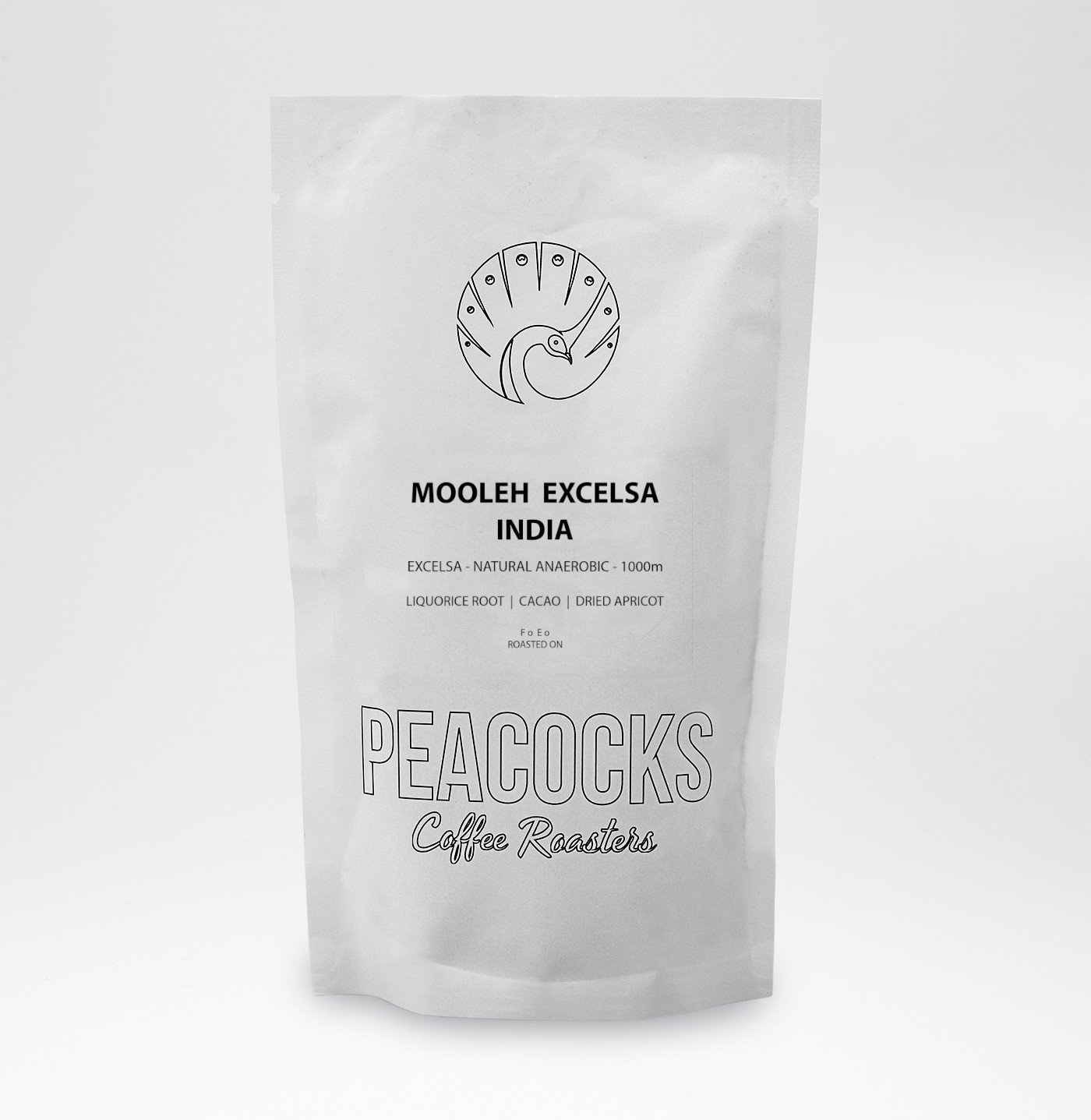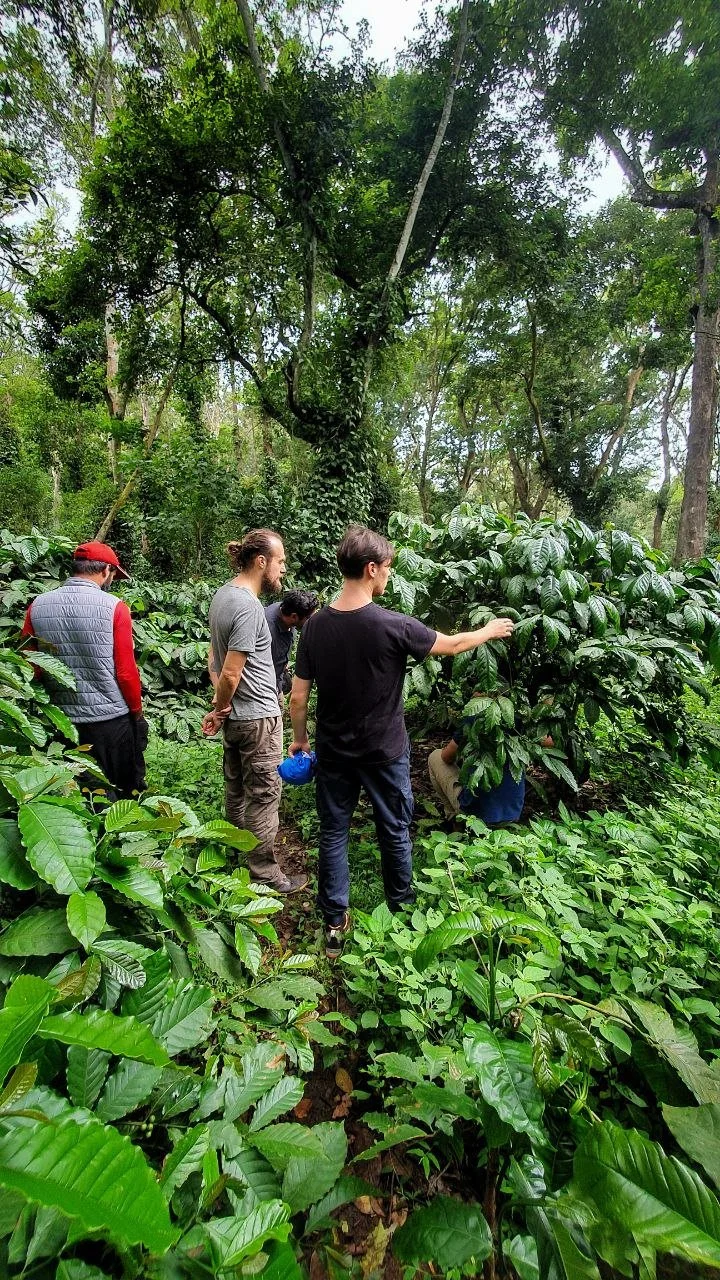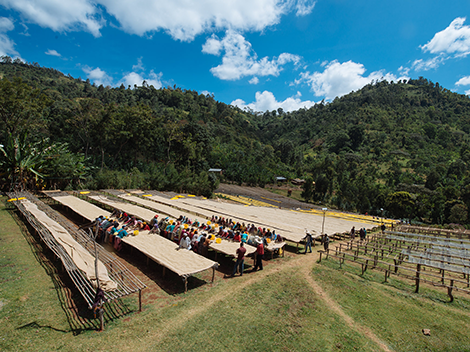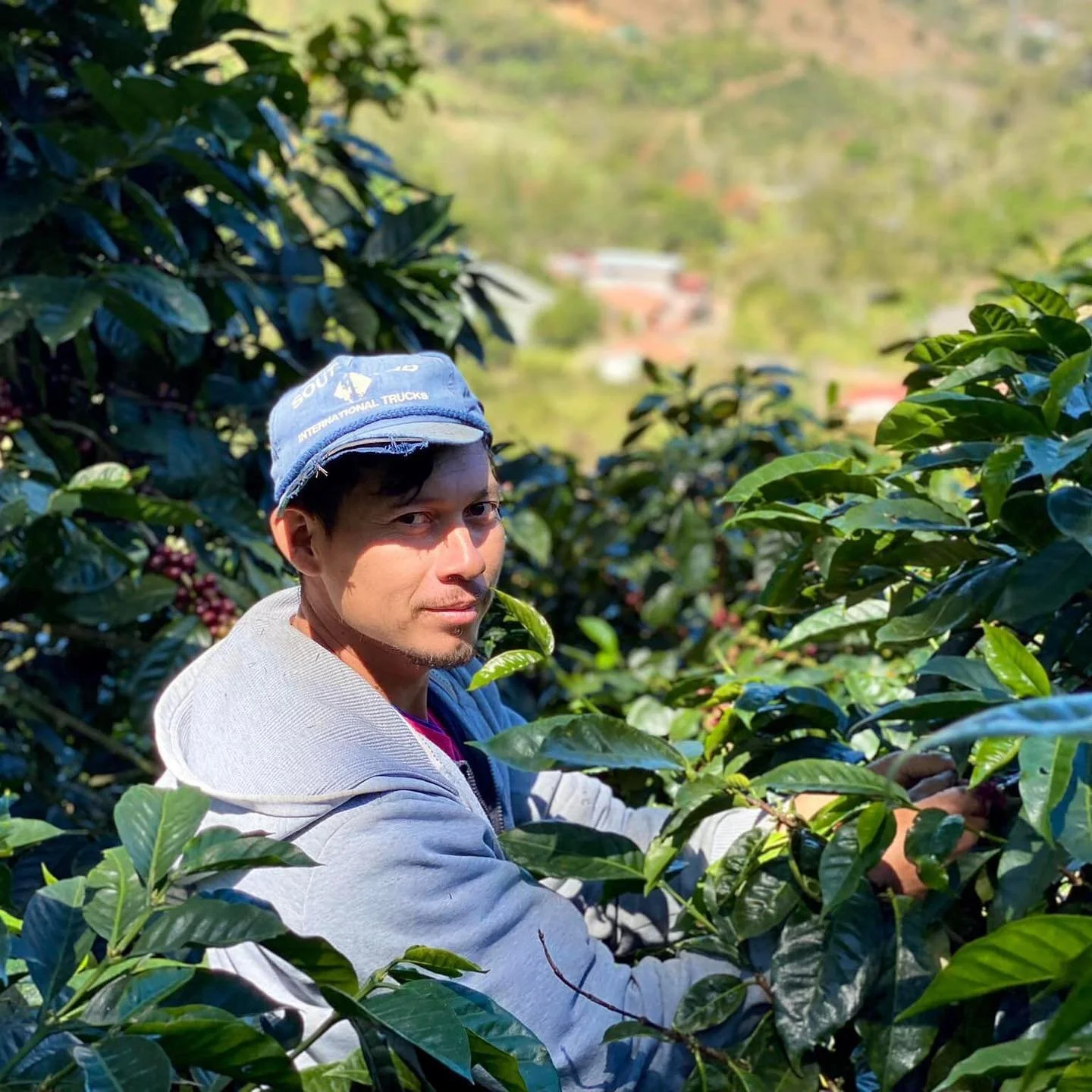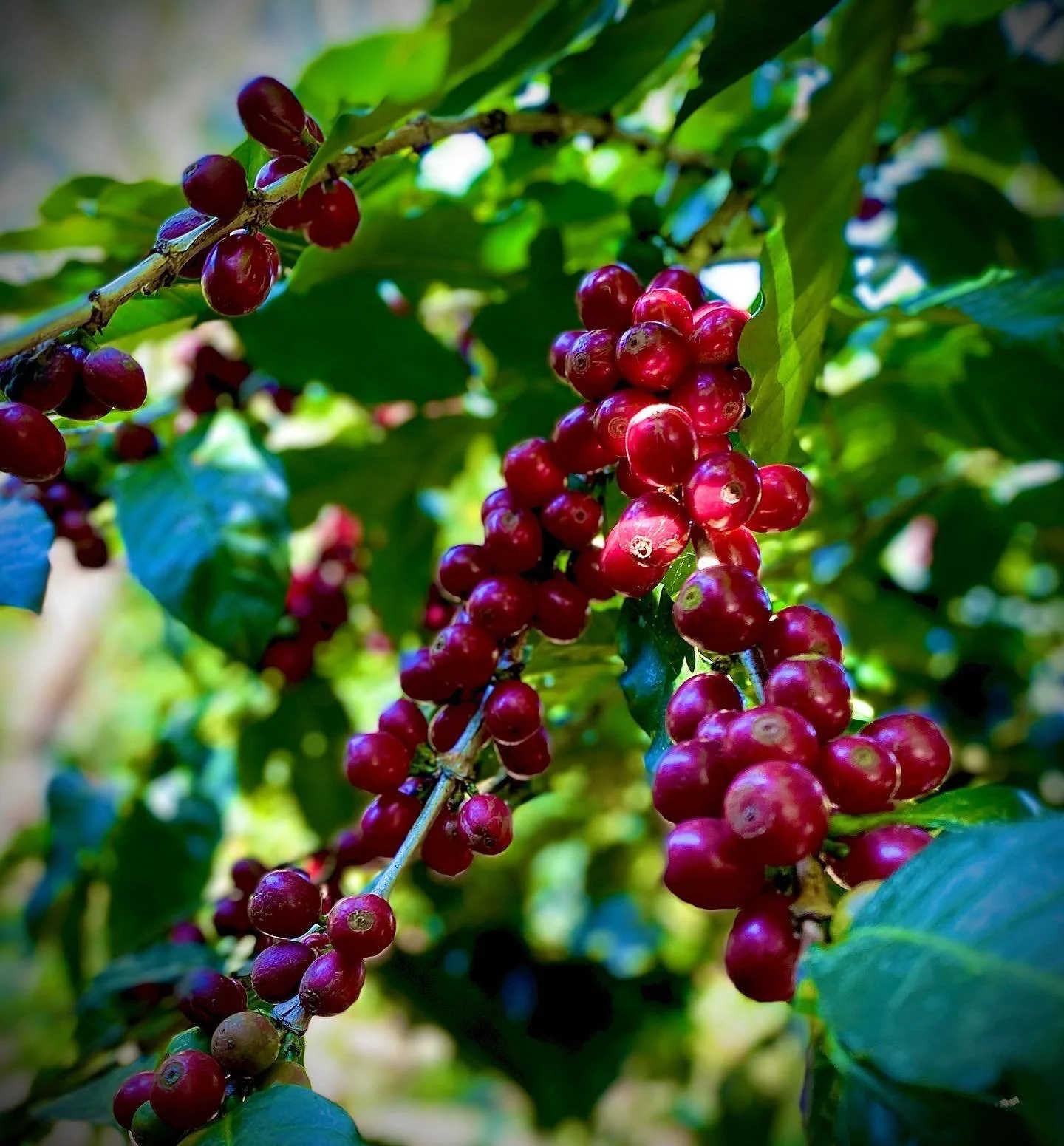Origin: Myanmar, Ywangan Township
Producer: Smallholders from 7 villages in Ywangan Township
Altitude: 1350-1400 masl
Variety: Red Catuai
Process: Natural Carbonic Maceration
About the producers
In the lush highlands of Ywangan, Myanmar, a powerful grassroots movement is reshaping the local coffee landscape.
Founded in 2017 by Su Nandar Linn and Thi Ha Gyawalie, The Lady Specialty Coffee was born from a vision to uplift women coffee growers, particularly from the Pa-O and Danu ethnic communities, by empowering them with tools to grow, thrive and gain recognition for their work.
Rooted deeply in the identity of the villages, the project began with 51 women in the Pa-O village of Nwar Ban Gyi. It has since grown into a vibrant network of over 400 women across seven villages: Nwar Ban Gyi, Taung Khaung Pwar, Pway Na Phar, Myaing, Myin Dwin, Myin Kya Doe, and Ga Zat.
Every coffee is cultivated exclusively by Pa-O and Danu women, honoring their traditions, resilience and essential role in the cultural and agricultural fabric of the region.
This is a model for sustainable rural development rooted in community, environmental stewardship and women’s empowerment.
Su Nandar and Thi Ha are deeply involved in every step of the process, working alongside the producers to ensure both quality and growth. Their commitment goes beyond farming techniques, it’s about building dignity and long-term opportunity through ethical and forward-thinking choices:
-Women farmers receive 20% of final profits, offering fair recognition for their work.
-Premium-quality cherries are purchased at up to three times the market price, rewarding excellence.
-Selected seeds are distributed to new producers and promising growing areas.
-Technical training is provided to emerging smallholder farmers in nearby regions.
About variety and process
Red Catuai is a hybrid variety developed in Brazil by crossing Mundo Novo and Caturra. Known for its compact size and high yield, it thrives in various altitudes and is widely grown across Latin America. While naturally resistant to wind and rain, it is susceptible to common diseases like coffee leaf rust. Red Catuai can produce sweet, balanced cups with notes of red fruit and chocolate when carefully processed.
This Red Catuai lot from Myanmar underwent a carbonic maceration process, a fermentation technique inspired by winemaking. Whole cherries were placed in sealed tanks filled with carbon dioxide for approximately 48 hours, creating an oxygen-free environment that encourages a slow, controlled fermentation. This method enhances clarity and intensifies fruity and wine-like notes, bringing out the natural sweetness and complexity of the Red Catuai variety. The result is a vibrant, expressive cup that highlights the potential of Myanmar’s highland terroir and careful post-harvest innovation.
In the cup we think it tastes like:
grapefruit, cacao nibs and dried prune.




